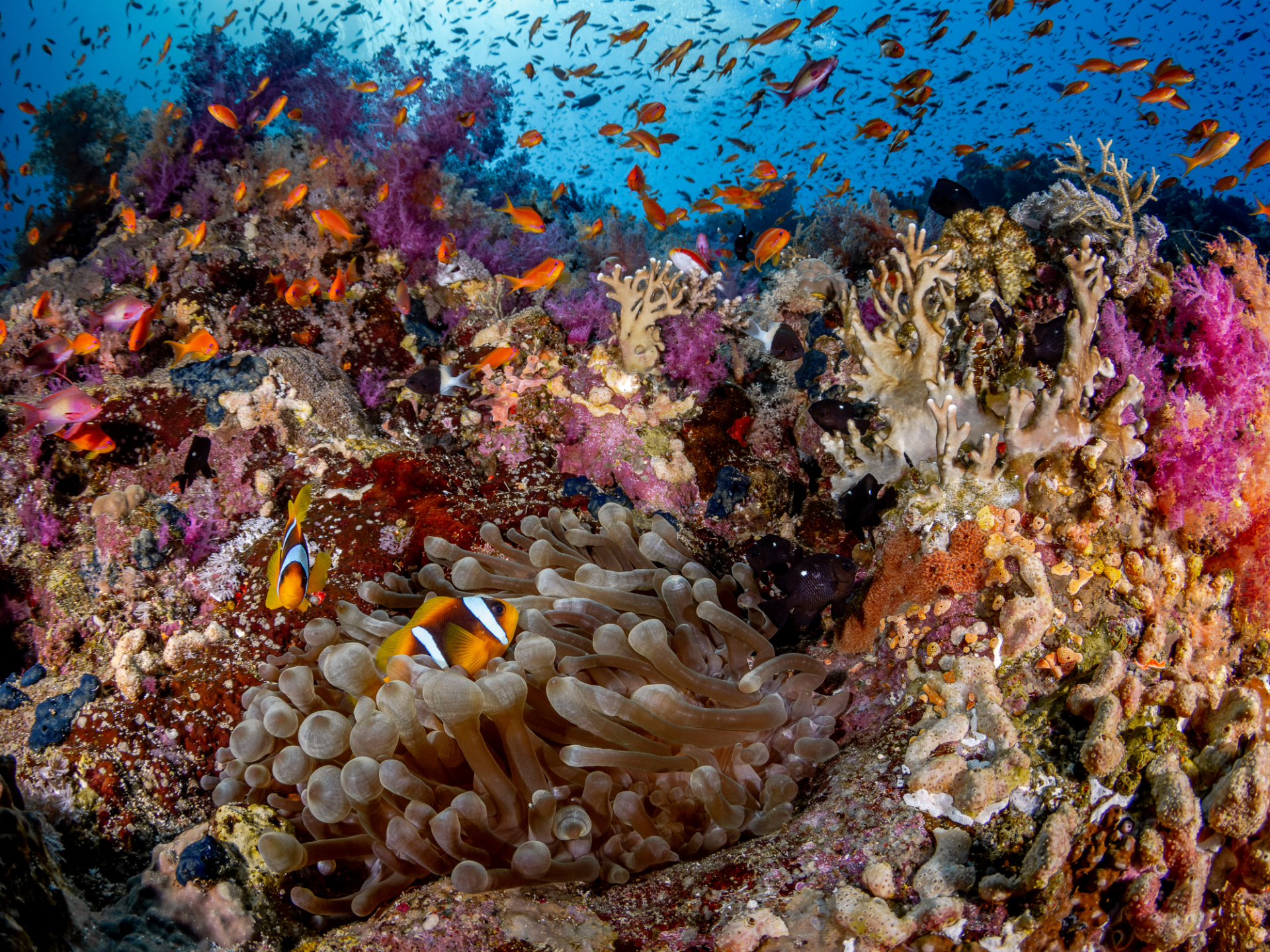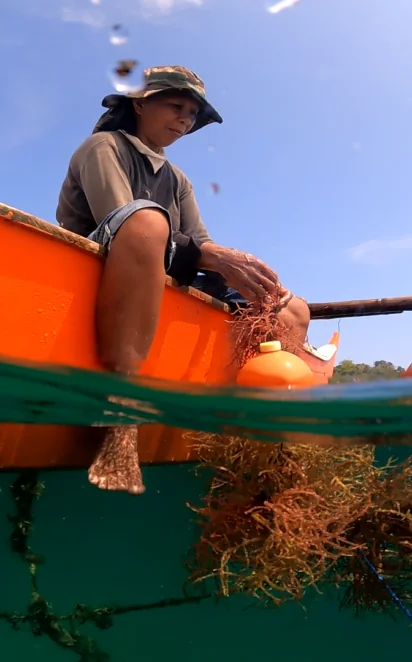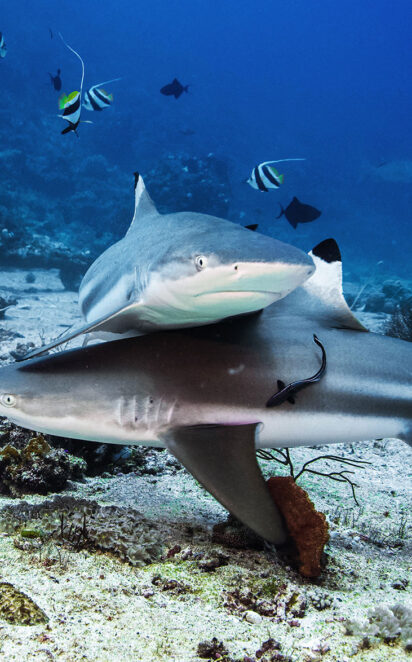Neptune Endowment
Project Lead: Synchronicity Earth
Financial and Institutional Support: Aurum Fund Management Ltd.
Location: Southeast Asia, Pacific Islands
Summary
The ocean is Earth’s life support system – feeding billions of people and underpinning numerous highly biodiverse ecosystems. The Neptune Endowment provides targeted funding for critical yet overlooked and underfunded marine conservation challenges in the Global South. In particular, it aims to provide long-term support to locally-led and grassroots organisations in Small Island Developing States (SIDS) and Coastal Least Developed Countries (LDCs).
By significantly and immediately increasing funding for ocean conservation, donors to the Neptune Endowment can help to protect and restore the Ocean, both for the incredible variety of life it holds, and for its vital role in ensuring human livelihoods, health, and wellbeing.
Challenge
There is an urgent need for increased, long-term funding to support effective ocean conservation action.
Locally-led work is one of the most effective and equitable way to achieve conservation goals. However, marine funding skews heavily towards grant recipients in North America and large conservation organisations. Funding is urgently needed to support locally-led conservation action in regions where ocean biodiversity is most abundant and facing significant and worsening threats. This is exacerbated by a desperate lack of long-term, core support to allow local partners to develop their approaches, invest in people and equipment, and achieve long-term conservation success.
Solution
The Neptune Endowment will initially focus mainly on Southeast Asia, Melanesia and the East Indian Ocean, regions with exceptionally high levels of marine biodiversity, but which face key gaps in resourcing.
How the Fund works
The fund is an expendable endowment, set up and managed by Synchronicity Earth that allows both capital and income to be spent on ocean conservation. (Traditional endowments lock up capital in perpetuity.) For a donor, this model means that a single donation to The Neptune Endowment will be working towards ocean conservation action for the crucial period of the next 8-10 years.
The Neptune Endowment gives donors the opportunity to provide long-term support—either through a single donation or a series of donations—and plug the gaps left by more traditional fundraising approaches. It aims to:
- Grow donations over time;
- Put donations to work over the long-term, providing a stable source of annuity funding to key organisations and groups working on ocean conservation; and
- Bring donors together to provide coordinated and strategic funding for ocean conservation.
Aurum Fund Management Ltd. provided seed funding to The Neptune Endowment. Aurum is a hedge fund investment specialist and manages fund of hedge fund products for investors around the world.
Grant-making for the fund is managed by Synchronicity Earth, which supports some of the most challenging and underfunded biodiversity issues, particularly through local and grassroots organisations. All partners supported by the fund will undergo Synchronicity Earth’s tailored due diligence process. They will also be offered ongoing support beyond grant funding, where necessary, including guidance for organisational development, training on fundraising strategies, and connections with other NGOs and experts.
The Neptune Endowment’s advisory board will work with Synchronicity Earth’s Programme team to make funding decisions and review progress. Donors to the fund will receive an annual report on the organisations funded, the impact of their work, and the fundraising and investment performance of The Neptune Endowment. The fund already stands at over USD$500,000 and the investment policy of Synchronicity Earth aims for an investment return of 4 per cent to 8 per cent annually.
Strategically, the fund will focus on two key areas of ocean conservation which are currently overlooked and underfunded:
- Communities and Culture: Championing the role of local community and Indigenous knowledge, culture, and experience in ocean conservation and fisheries management.
- Species and Ecosystems: Supporting targeted conservation action for some of the most threatened and overlooked marine species and ecosystems.
Scalability and Next Steps
Over the next five years, the fund will focus on:
- Supporting locally-led initiatives to conserve overlooked species and ecosystems;
- Supporting the holistic restoration of habitats;
- Supporting research and mapping of some of the most threatened species and ecosystems;
- Supporting community-led marine conservation or small-scale fisheries management initiatives;
- Supporting the revitalisation, celebration and regeneration of sacred sites, rituals, languages, and practices that are linked to the ocean and its long-term health; and
- Assisting communities in their work to secure rights to use and manage marine areas




